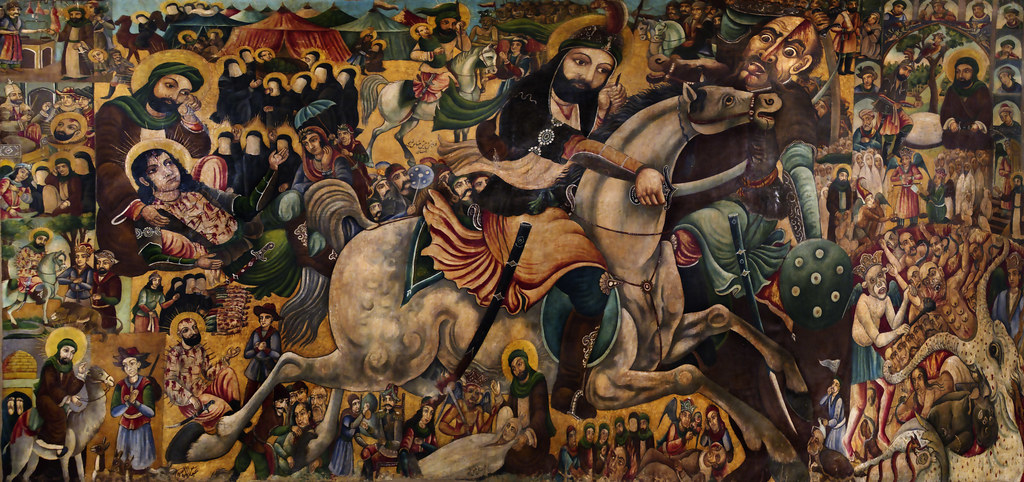Muharram 3 in the Islamic calendar is traditionally believed to be the day when Umar ibn Sa’ad, the commander of the Umayyad forces, arrived in Karbala with a contingent of around 4,000 soldiers. This event took place in the year 680 AD (61 AH).
After Imam Hussain ibn Ali and his small group of companions arrived in Karbala on Muharram 2, they set up camp near the banks of the Euphrates River. The Umayyad caliph, Yazid ibn Mu’awiya, had ordered Umar ibn Sa’ad to prevent Imam Hussain from reaching Kufa and to confront him with force if necessary.
Umar ibn Sa’ad led a significant Umayyad army to Karbala, consisting of around 4,000 soldiers. Although he was a capable military commander, he was torn between his allegiance to Yazid and his recognition of Imam Hussain’s righteousness. Despite knowing that Imam Hussain was seeking to establish justice and oppose the tyranny of Yazid’s rule, Umar ibn Sa’ad felt compelled to follow the orders of the caliph.
Upon Umar ibn Sa’ad’s arrival in Karbala, tensions escalated further. The Umayyad forces encircled the camp of Imam Hussain and his followers, cutting off their access to water and supplies. The small group of Imam Hussain’s companions faced an overwhelming and well-equipped army.
Over the next several days, the situation in Karbala intensified, leading up to the tragic events of the Battle of Karbala on the 10th day of Muharram, known as the day of Ashura.
On the day of Ashura, Imam Hussain and his companions valiantly fought against the Umayyad forces, displaying remarkable courage and resilience. Despite their bravery, the small group of Imam Hussain’s followers was vastly outnumbered and overpowered.
The Battle of Karbala resulted in the martyrdom of Imam Hussain and his loyal companions, including his family members and young children. The tragedy of Karbala has left a lasting impact on Islamic history and culture, particularly for the Shia Muslim community.
Every year, during the month of Muharram, Shia Muslims around the world commemorate the events of Karbala and mourn the sacrifices of Imam Hussain and his followers. The memory of their stand against injustice and oppression serves as a reminder of the enduring principles of justice, truth, and righteousness in Islam.

